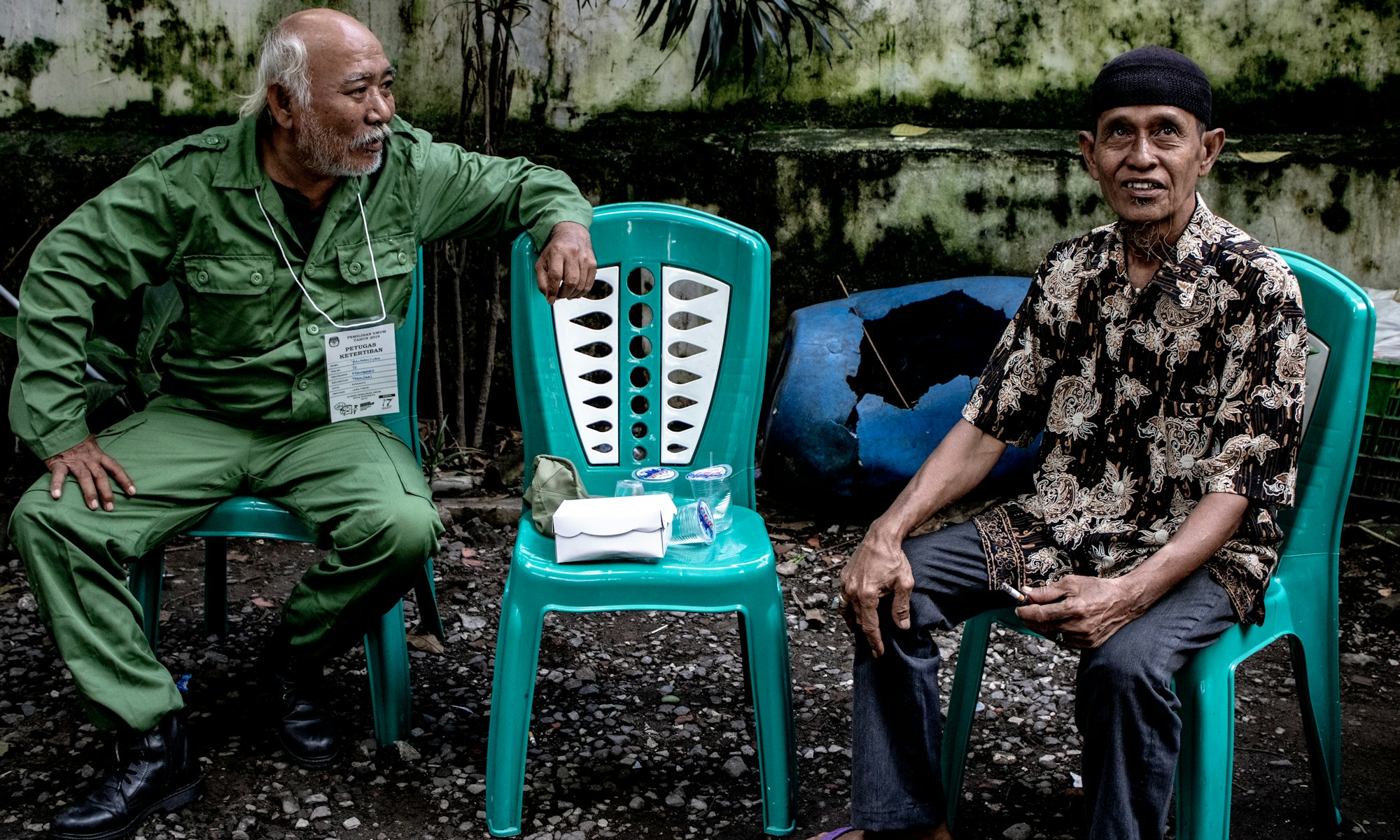The 2024 Indonesian elections promise to be a significant event, shaping the future of the nation in profound ways. As we approach this pivotal moment, let’s explore the various aspects that are likely to characterize this election.
Political Landscape and Key Parties
The presence of several influential parties marks Indonesia’s diverse political landscape. The PDI-P (Indonesian Democratic Party of Struggle) and the Golkar Party have historically been prominent players. Their influence stems from established networks and historical significance in Indonesian political history. We can expect a vigorous campaign from these parties, along with significant efforts from Gerindra, the Democratic Party, and others. Each party will be looking to consolidate its base while reaching out to the undecided voters.
The election will likely see coalitions forming, as parties seek to maximize their chances. The new promising coalition of Nasional Demorakrat (Nasdem), PKB and PKS also cannot be underestimated, as all parties seek to maximize their chances. These coalitions can be fluid and sometimes unpredictable, reflecting the dynamic nature of Indonesian politics.
Emerging Leaders and Presidential Candidates
With President Joko Widodo’s term ending, there’s a space for new leadership. Potential candidates might include prominent ministers, regional leaders, or figures outside traditional political circles. The focus will be on the emerging leaders who are poised to be presidential candidates, the race is open for new faces to make a mark.
Figures like Prabowo Subianto, who has been a significant figure in past elections, and other rising stars (Anies Baswedan and Ganjar Pranowo) in Indonesian politics, will be closely watched for their policies and vision for Indonesia’s future.
The choice of vice-presidential candidates, minister candidates and support teams will also be pivotal, as they can bring regional balance or specific expertise to a ticket. This momentum will promote many new potential leaders, in many levels of bureaucracy. The current change in leadership will be fuel for Indonesia’s progress in the next 10-20 years ahead.
Key Issues and Voter Concerns
The electorate will be influenced by several key issues, such as economic recovery post-COVID-19, tackling corruption, infrastructure development, and addressing environmental concerns. The candidates’ stances on these issues will be critical in swaying voter opinion. The important issue is to survive in the next potential economic crisis. How to bring Indonesia to face middle-income trap and Indonesia Emas 2045.
The global community will be watching these elections closely. Indonesia, as a leading ASEAN country, plays a pivotal role in regional politics and economics. The election outcomes will be closely watched by international investors and governments. The outcomes will affect international relations, trade, and regional stability. Trade policies, foreign relations, and Indonesia’s stance on regional issues like the South China Sea will be influenced by the new leadership.
The citizens will be looking for leaders who can deliver on promises, drive economic growth, improve living standards, and elevate Indonesia’s standing on the global stage. People demand more than just promises and formality. Today Indonesia is a bit different, with more literate generations and technology-savvy. Young voters, in particular, will be looking for leaders who address contemporary concerns like job creation, digital economy, and climate change.
# @Abdullah A Afifi
